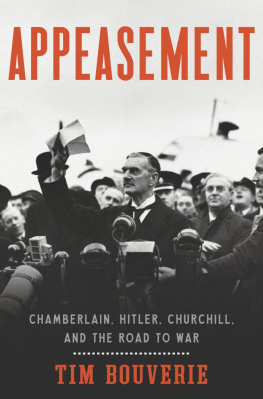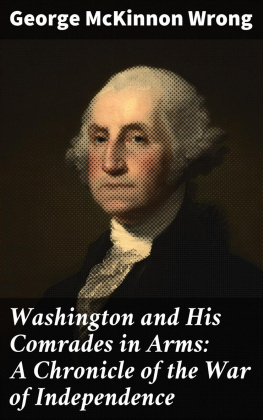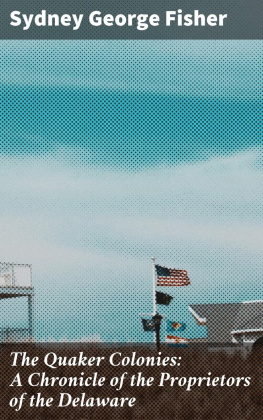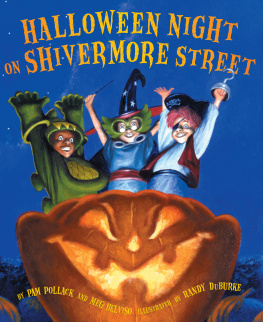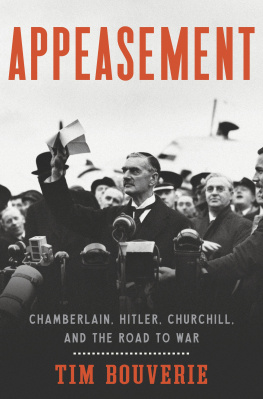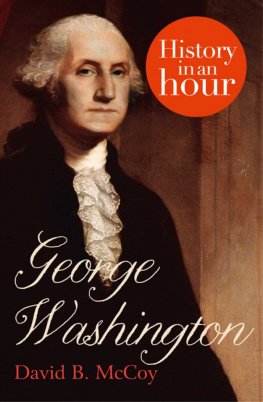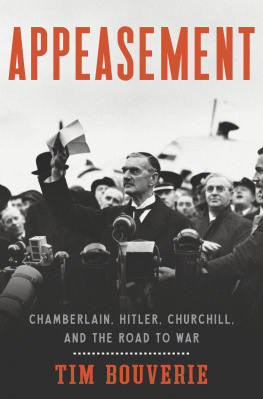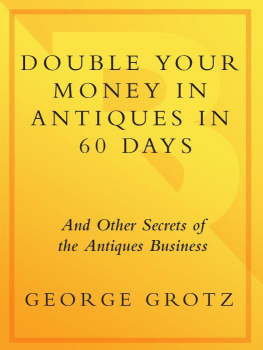First published in 1963
This edition first published in 2016
by Routledge
2 Park Square, Milton Park, Abingdon, Oxon OX14 4RN
and by Routledge
711 Third Avenue, New York, NY 10017
Routledge is an imprint of the Taylor & Francis Group, an informa business
1963 George Allen & Unwin Ltd
All rights reserved. No part of this book may be reprinted or reproduced or utilised in any form or by any electronic, mechanical, or other means, now known or hereafter invented, including photocopying and recording, or in any information storage or retrieval system, without permission in writing from the publishers.
Trademark notice : Product or corporate names may be trademarks or registered trademarks, and are used only for identification and explanation without intent to infringe.
British Library Cataloguing in Publication Data
A catalogue record for this book is available from the British Library
ISBN: 978-1-138-80197-4 (Set)
ISBN: 978-1-315-68235-8 (Set) (ebk)
ISBN: 978-1-138-92632-5 (Volume 7) (hbk)
ISBN: 978-1-315-68264-8 (Volume 7) (ebk)
Publisher's Note
The publisher has gone to great lengths to ensure the quality of this reprint but points out that some imperfections in the original copies may be apparent.
Disclaimer
The publisher has made every effort to trace copyright holders and would welcome correspondence from those they have been unable to trace.
CHAPTER 1
Full PointEnd
DRY eyed he had seen the fall of Greece. He had seen the fall of Crete and Singapore. Once he had swum in a burning sea to save himself and his story.
He had reported flood and famine and carnage in a dozen countries in peacetime. He had seen for himself and for millions of readers what an atom bomb could do.
And now he wept in his beer and was ashamed.
That is how it was the night the independent News Chronicle died, the day The Star shone from its own zenith for the last time. In a world where millions survive by the sword he had lived by his pen. And by the stroke of a pen, he and his heart, and a happy host had died.
No story to write that night, no deadline to make. For him and all his colleagues, from the canteen to the caseroom, from the sports room to the subs' tables, from the home and foreign news desks to the telephonists and the tape room, it was full point ... End.
But they had blood in their eyes as well as tears-the men and women of the Chronicle and The Star. As the stillness of death settled, department by department, old men were shocked, young men were stunned. They were horrified and angry.
For 114 years and 9 months, by unbroken line of descent, the News Chronicle-still the Daily News to many who remembered its original title with affection-had triumphed over good times and bad. Like a well-built, well-manned ship on a set course, it had ridden out real hurricanes in plenty. It had weathered financial storms which would have sunk papers with less principle, less purpose and less drive. It had steamed bravely on against gales of public and political opinion and always stayed buoyant because right was might in the end. It had defied politicians and shaken governments. And it always stuck to its guns and won, because it served humanity.
It had earned the right more than once in its battle-scarred career to call itself the world's most honest newspaper. Some foreign governments had been known to call it the world's greatest newspaper.
There was nothing intangible about the spirit and the loyalty and the industry of the men and women who manned it on October 17, 1960, the day of disaster. They were not fairweather sailors in inky ships.
Fleet Street becalmed goes sour more quickly than a stagnant pond. They liked squalls. That was their job. They liked to churn deep waters to the rhythm of omnipotent machinery. They liked to go about their business with the universe while those they served slept on. They liked to scan every morning's horizon for what the day might bring ... and leave a nightly wake on an ocean of history. The Chronicle was their ship. They believed in it.
And what went for the crew of the Chronicle went for The Star. They were papers with twin souls ... bloody but unbowed in their independent roles as champions of the common man.
Since January 1888, The Star had fought for the Londoner, for the oft-abused Cockney, the dockers, the homeless, the charwomen, the sweatshop employees, the waifs and the strays and the sick and the aged. It had never pulled a punch in any cause it believed to be just. It never ducked a fight, no matter how powerful the opposition.
Just as the Daily News once earned its accolade through being wrongly condemned by a British Prime Minister, The Star established its place in the firmament of fine journalism by being burned on the London Stock Exchange. For both the glory was not only in being right, or in being proved right by events. But in being right by inclination.
That is why the shattering silence that descended on Bouverie Street brought with it a horror more fearsome than the stark finality of death, more torturing than the reality of unemployment.
To be sunk in fair fight was one thing. But to be scuttled without any warning for the crew, with such great and challenging issues as the Common Market, the space age, the Liberal resurgence and all the stresses and strains of the affluent society showing on the skyline, was incredible, frightening, bewildering and atrocious. It had about it the smell of surrender. A strange, almost unrecognizable odour to the company of two ships with a fighting tradition second to none.
It was more than a personal affront to many men and women who had through the years put loyalty first, journalists who had time and again rejected tempting offers to cross Fleet Street and serve under other flags. It was treachery to the untarnished principle which had held them together.
That is how it seemed among the flotsam and wreckage in the hour of disaster. Ironically, the only distress signal had been a gentle family joke for years, the initials N.C. inlaid in the office lino, which, as all mariners know, is the international code signal for immediate help. It was a bitter joke for those who stepped across it that night to leave the wreck.
There is no time, when a ship sinks like that, for anyone to analyse his reasons for ever having been aboard. For the drifting castaways of the Chronicle and The Star there was time and enough for that later.




